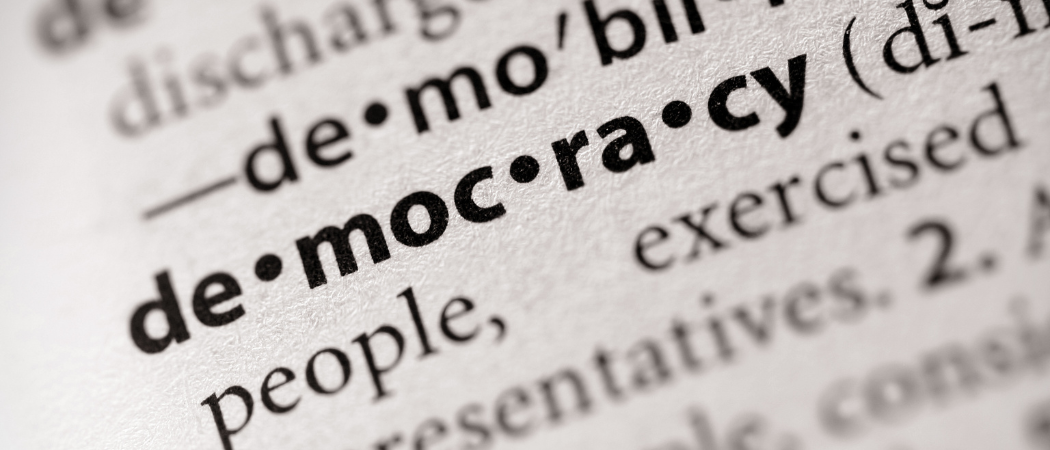‘Radicalisation and extremism’ and the rise of autocracies are a focus of next year’s draft work programme

Photo credits: firebrandphotography / BigStock
The EU is out to better understand the factors behind authoritarian political movements, with plans to increase the funding for research in this area, according to a leaked document detailing next year’s €438 million programme of social sciences research in culture, creativity and inclusive society.
The aim of the European Commission in its 2025 work programme for democratic governance research is to equip policymakers with insights and recommendations that will help to safeguard democracy and restore public trust in its institutions.
Key funding calls will focus on threats to democracy, such as misinformation, disinformation, and the online polarisation of political debate. “The fight against radicalisation and extremism will be a priority,” the work programme says.
Under Cluster 2, a €10.5 million call will fund research into ‘The autocratic appeal: nature drivers and strategies’ to explore why autocratic governance is gaining traction globally.
“The growing acceptance of autocratic approaches in well-functioning established democracies is an under-researched phenomenon,” the work programme says. Scientific insights on these trends could lead to new tools to counteract them.
While earlier Framework Programmes did fund cultural and social research, in Horizon Europe it has special emphasis, with a series of social sciences projects gathered in a dedicated cluster. These include research on democratic governance, cultural heritage and social inclusion.
Some MEPs pressed commissioner designate for research, Ekaterina Zaharieva in her hearing in the Parliament this week, to insulate Horizon Europe funding from geopolitical pressures and in particular dual-use research. But as the 2025 work programme reveals, research is increasingly influenced by global political shifts, especially the rise of right wing populism.
From the start of Horizon Europe funding in this area has steadily increased and since 2021 has gone from an estimated €168 million, to €326 million in 2024. The planned 2025 budget of €438 million would be a striking 160.7% increase since 2021.
The geopolitical shifts and tensions behind this increased in funding are well-rehearsed, while the 2024 ‘super year’ for democratic elections has seen a move towards far right and populist movements, including in France and Germany, and now the re-election of Donald Trump as US president.
Meanwhile, in the June European Parliament elections, far-right parties made significant gains throughout the bloc.
The full scale invasion of Ukraine is another driver. Russia’s attack “cannot be seen as an isolated event. [...] It is part of a ‘long democratic recession’, [...] a ‘global expansion of authoritarian rule’,” the 2025 work programme says.
Increasing autocratic tendencies have contributed to a global decline in freedom for the 18th consecutive year, and events including flawed elections, disinformation and armed conflict diminished political rights and civil liberties in 52 countries, according to a 2024 report by the US non-profit Freedom House.
Science|Business is making the full history of the drafting process for how the EU research budget will be spent in 2025 publicly available in our Horizon Papers database.
We think it is important to maintain a public record of how the programme evolves in successive rounds of drafting between the Commission and member states. It is a political process – which, so far, the Commission refuses to make transparent. You can share anonymously other draft work programmes at [email protected].





 A unique international forum for public research organisations and companies to connect their external engagement with strategic interests around their R&D system.
A unique international forum for public research organisations and companies to connect their external engagement with strategic interests around their R&D system.